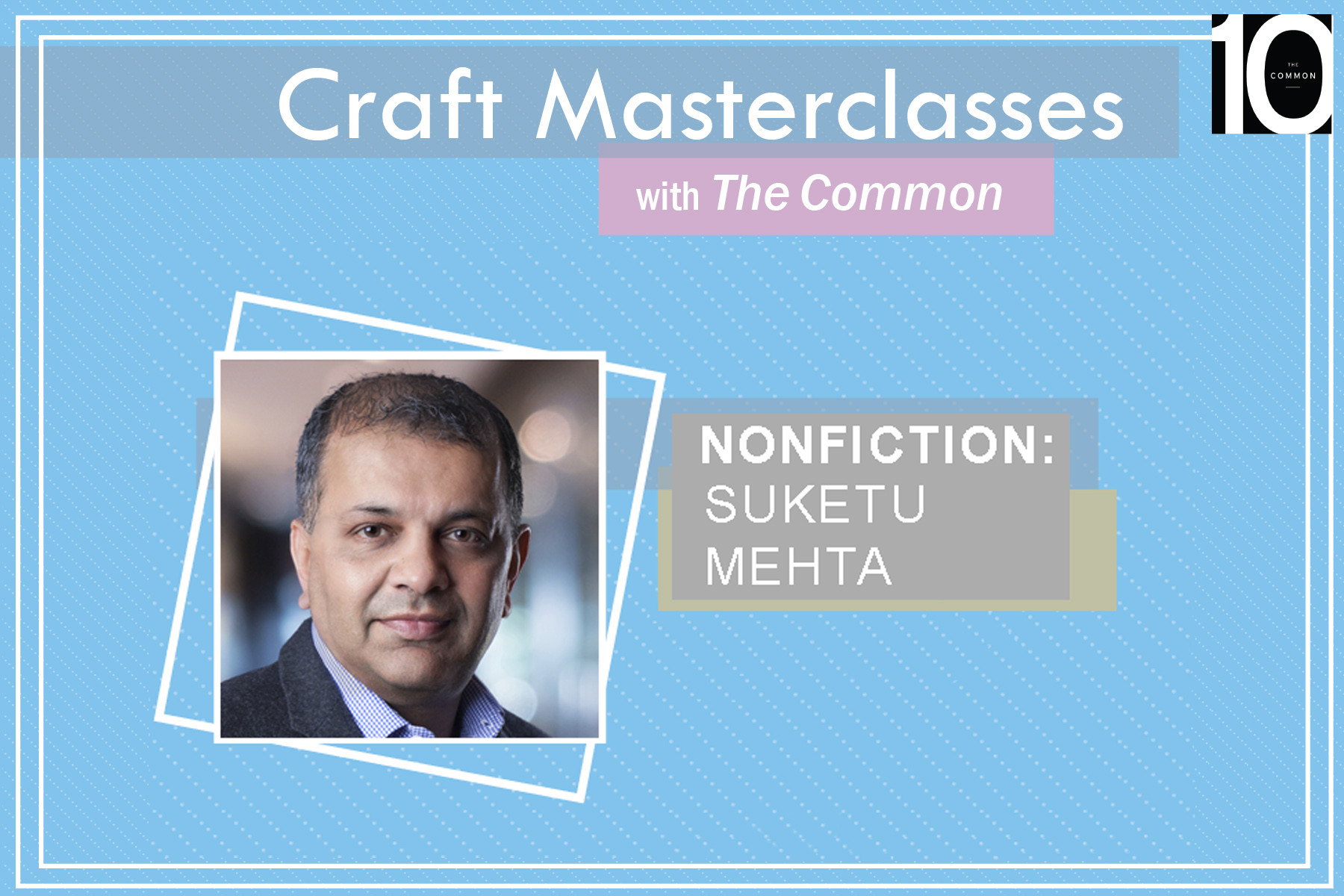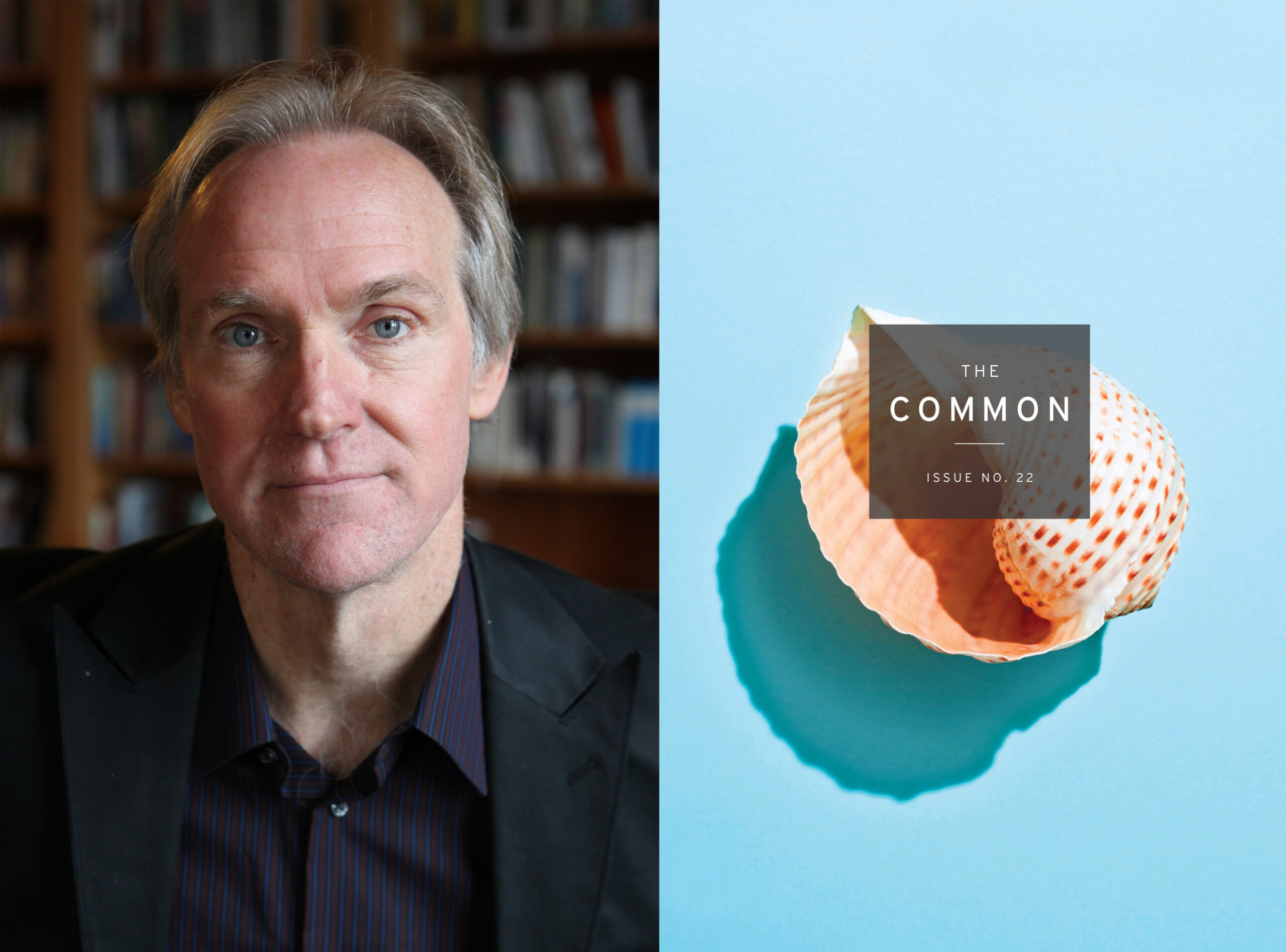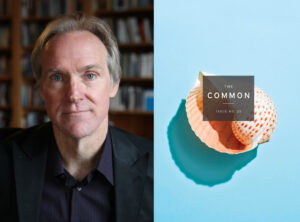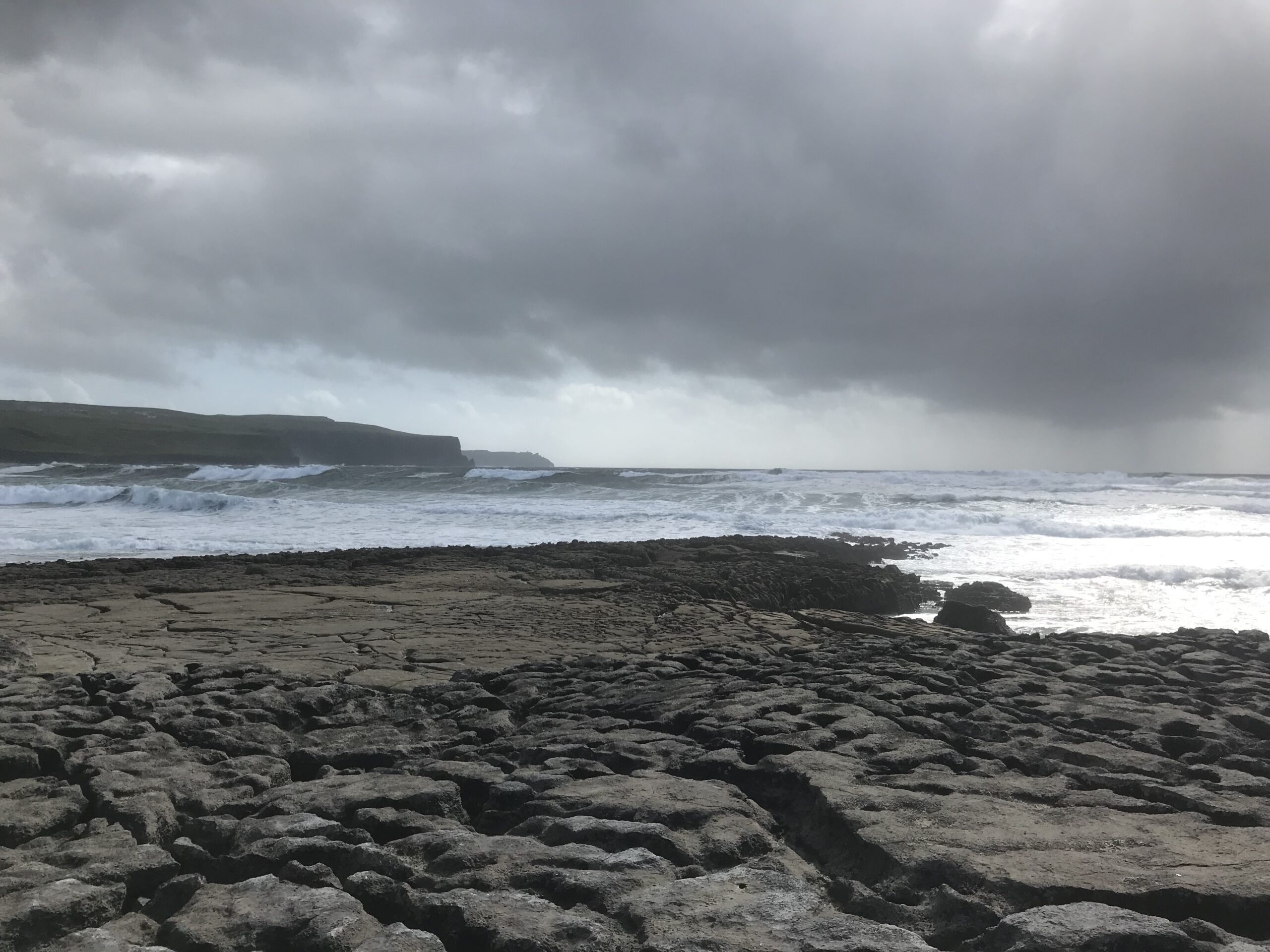Give your writing a boost this spring. Join The Common for a series of craft classes with these literary luminaries.
-
-
Bruna Dantas Lobato: No Two Snowflakes Are Alike: How to Translate Style [register]
-
Karen Shepard on Fiction: The Children’s Hour [register]
-
Willie Perdomo on Poetry: The City and the Poet, the Street and the Poem [register]
-
Suketu Mehta on Nonfiction: Writing the City [register]
-
Each class includes a craft talk and Q&A with the guest author, generative exercises and discussion, and a take-home list of readings and writing prompts. Recordings will be available after the fact for participants who cannot attend the live event.

















